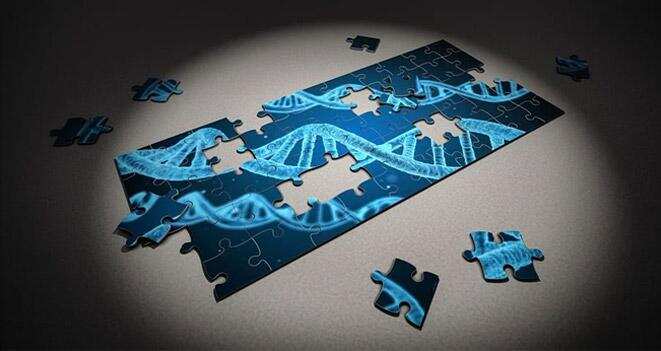The Untold Global Health Emergency: Rare Diseases


Imagine living each day of your life in sheer uncertainty; knowing that there is something different about you, yet not knowing exactly what it is or how to deal with it. That is the story of millions of rare disease patients, all across the globe—a story wherein most are obliged to suffer in silence.
Although scientists and researchers have discovered over eight thousand different types of rare diseases, each of these types have the common denominator of infrequently occurring in the human population. Along with being chronic, progressive and debilitating, the World Health Organisation (WHO) defines rare diseases as a condition with a prevalence of less than five cases per ten thousandpeople.
While the cause of these types of diseases is unknown till date, around eighty percent of these conditions are brought about by genetic mutations in one’s genetic makeup. Over the years, even though the understanding of genomics has led to advances in the identification of rare diseases, most are yet to be discovered. However, the problem doesn’t endthere.
Even with the rare diseases that are known to us, over ninety-five percent of these conditions do not have even one treatment that has been approved by the U.S. Food and Drug Administration (FDA). This is a crisis that affects millions,daily.
Despite what the name may suggest, rare diseases are not in fact that ‘rare’ as they affect millions of patients, all around the world. On a global scale, over four-hundred million people have been diagnosed with a type of rare disease—with thousands of others yet to be diagnosed or unaware of their condition.
While addressing the issue on an Indian scale, over seventy million people are suffering through a type of rare disease. With India’s accelerating population rate of over one billion residents, it is now more important than ever to shed light upon this matter. So why does this vastly prevalent issue go majorly unheardof?
Global and India-specific challenges in the management of rare diseases
- Lack of access to the correct diagnosis: Since little knowledge regarding rare diseases is known, doctors and researchers are sometimes unable to identify the disease due to the unfamiliarity in the symptoms of the patient. This has led to an expense in both money and time and is the preliminary cause of delayeddiagnoses.
- Lack of quality information & scientific knowledge of the disease: The ambiguity and doubt that surrounds rare diseases does not only pose a challenge for patients that are trying to treat themselves, but also creates a blockage in conversations about the issue, and is another reason why the topic goes unheardof.
- Lack of appropriate & quality healthcare/treatments: Patients also suffer with a lack in availability of quality medical procedures and treatments for their diagnosis, mainly due to the uncommonness of their symptoms. This makes it even more important for this issue to be addressed, so that the adequate facilities and resources are allotted for further research on treatments andhealthcare.
- Social consequences for patients: The uncommonness of the disease may also indirectly create a stigma on discussions around it. Some patients may be embarrassed or uncomfortable to come forward with their stories, which inevitably creates a barrier to start conversations concerning thisissue.
It is important to realize that the issue of rare diseases has now become a global health emergency. To help the millions of voices that go unheard of, continue to research about this cause and support NGOs such as Organization For Rare Diseases India (ORDI), that aims to better the lives of these patients by raising awareness on thistopic.
The views expressed in the article are that of the author and not of the publisher nonnewz.com or its management.
.jpg)
